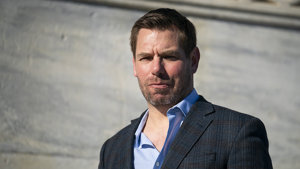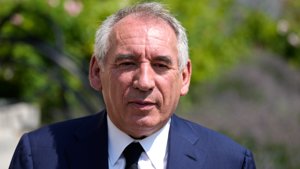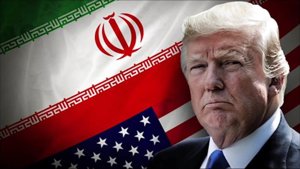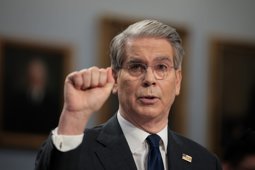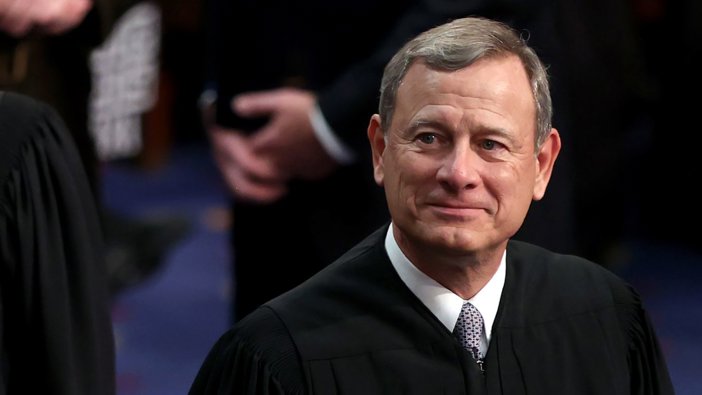
Roberts Warns Politicians: Stop Attacks on Judges
Roberts urges political leaders to avoid inflammatory attacks on judges, warning of real-world risks to judicial independence.
Chief Justice Roberts Sounds Alarm on Politicized Rhetoric
U.S. Supreme Court Chief Justice John Roberts delivered a stark warning on Saturday about the dangers posed by political leaders who use hostile rhetoric against judges. Speaking at the Judicial Conference of the Fourth Circuit in Charlotte, North Carolina, Roberts called on politicians from both major parties to show restraint, emphasizing the real and growing risks that such language can create for judicial independence and personal safety.
“It becomes wrapped up in the political dispute that a judge who’s doing his or her job is part of the problem,” Roberts said to the gathering of judges and lawyers. “And the danger, of course, is somebody might pick up on that. And we have had, of course, serious threats of violence and murder of judges just simply for doing their work. So, I think the political people on both sides of the aisle need to keep that in mind.”
References to Past Incidents and Political Figures
While Roberts did not specifically name individuals, he alluded to incidents involving President Donald Trump and Senate Democratic Leader Chuck Schumer. Over the years, Trump has sharply criticized judges, including calling for the impeachment of a judge who ruled against a deportation policy, labeling him as “radical left” and a “lunatic.” In response, Roberts previously stated, “For more than two centuries, it has been established that impeachment is not an appropriate response to disagreement concerning a judicial decision. The normal appellate review process exists for that purpose.”
Roberts also referenced remarks by Schumer in 2020, when Schumer told a rally outside the Supreme Court that Trump-appointed justices Brett Kavanaugh and Neil Gorsuch would “pay the price” regarding an abortion rights case. Roberts rebuked the comments at the time, stating, “Threatening statements of this sort from the highest levels of government are not only inappropriate, they are dangerous. All members of the court will continue to do their job, without fear or favor, from whatever quarter.” Schumer later clarified he was speaking about political consequences, not physical threats, and acknowledged his language was ill-chosen.
The chief justice’s concern is not just theoretical. In April, an armed man was arrested outside Justice Kavanaugh’s home and later pleaded guilty to attempting to assassinate the justice, highlighting the very real risks faced by members of the judiciary when political rhetoric escalates.
Judicial Independence in the Spotlight
Roberts’ remarks come on the heels of the Supreme Court’s issuance of its final term decisions, including a significant ruling that limited judges’ ability to block President Trump’s agenda through sweeping court orders. The context underscores the high stakes and pressure on federal judges, who often become the focus of national political disputes.
As the nation grapples with heated political divisions, Roberts emphasized that the judiciary’s integrity and independence must be preserved. He urged leaders on both sides to recognize the consequences of their words and to allow judges to perform their duties “without fear or favor.”
The chief justice’s message was clear: safeguarding the courts from political intimidation is essential to maintaining public trust and the rule of law, especially at a time when threats to judicial security have become more frequent and more severe.


